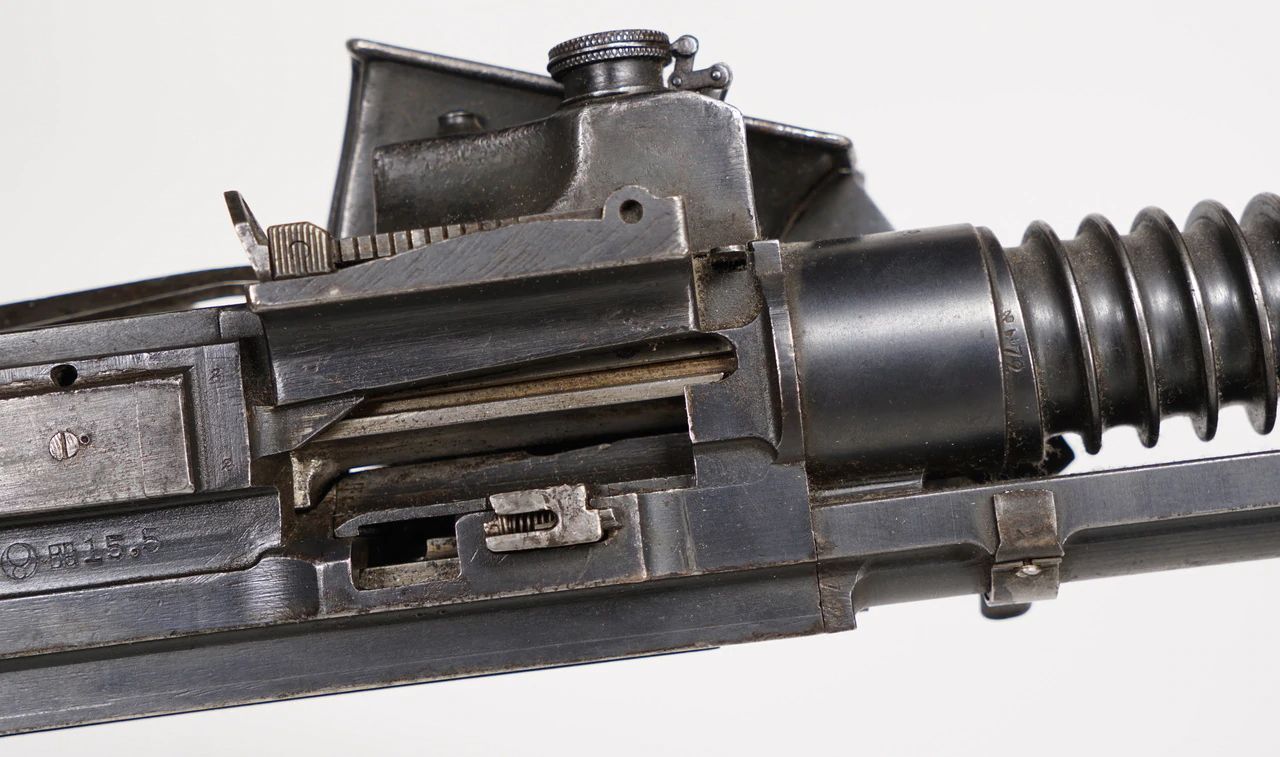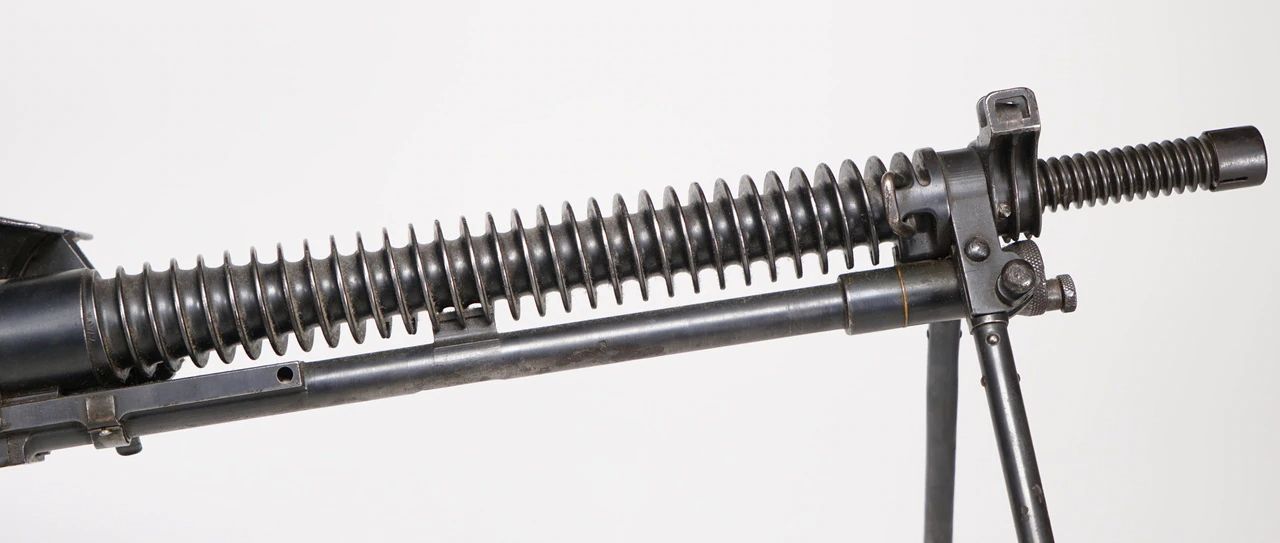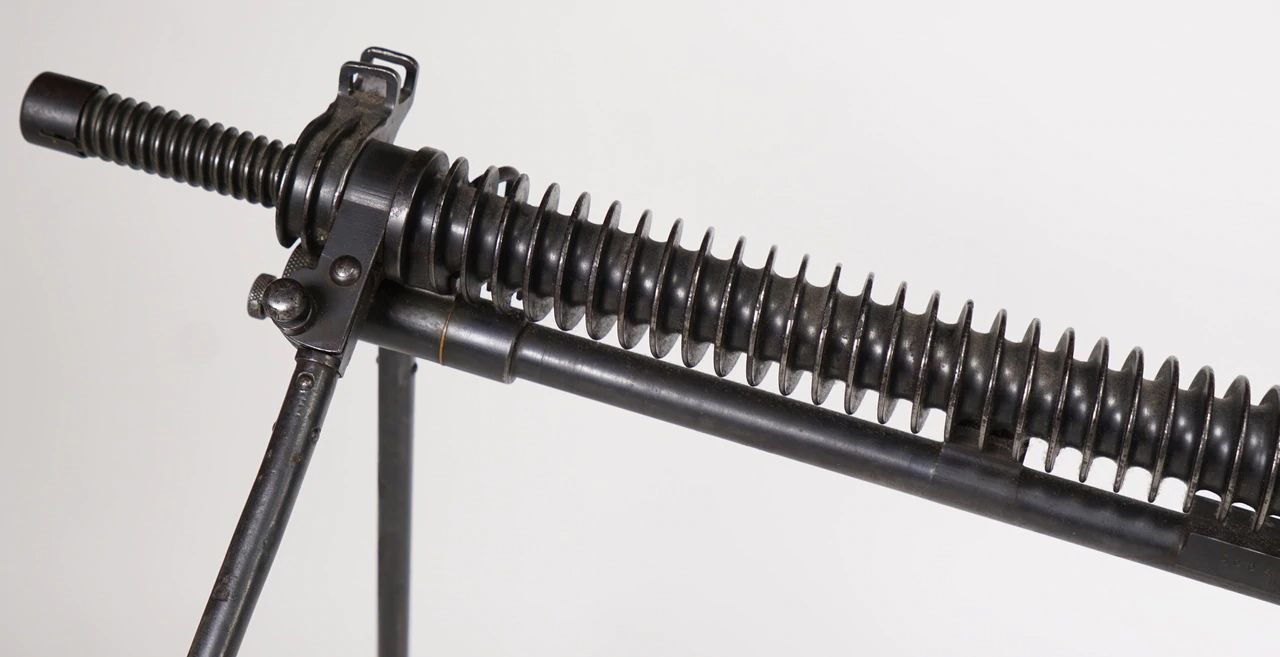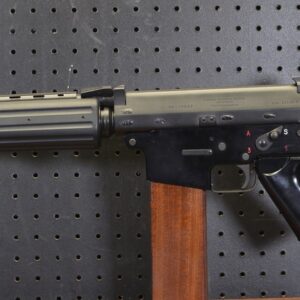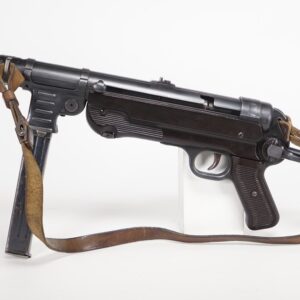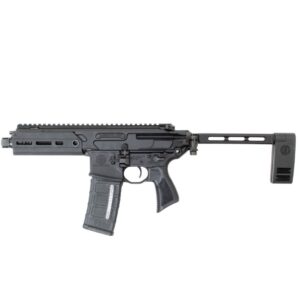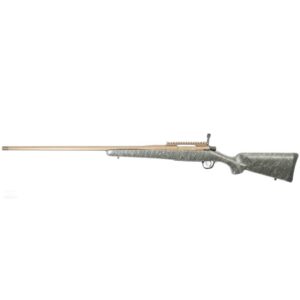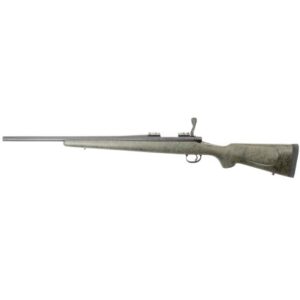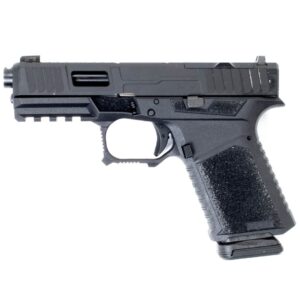Description
Japanese Type 11 Light Machine Gun
A remarkable feature of the Type 11 machine gun is its detachable hopper magazine; it can be refilled while attached and does not require removal during operation. Instead of a belt or box magazine, the Type 11 was designed to hold up to six of the same cartridge clips used on the Type 38 rifle. The five-round clips were stacked lying flat above the receiver, secured by a spring arm, and the rounds were stripped from the lowest clip one at a time, with the empty clip thrown clear and the next clip automatically falling into place as the gun was fired. The system had the advantage that any squad member could supply ammunition and that the hopper could be replenished at any time, but later the Japanese had to design a less powerful round because the original round was causing reliability problems, thus eliminating the advantage of compatibility. This new round was called the 6.5×50mm Arisaka genso round.
The Type 11 was also available with a special mounting for anti-aircraft use, and as a rear-defense aerial gun; it was one of two (or three) different weapons known as the Type 89 machine gun. It consisted of two Type 11 machine guns mounted sideways on common, flexible mounting, with a larger “quadrant” shaped magazine for each gun, holding five-round clips. Some of these Type 11 weapons were also mounted singly, with a normal orientation and fed with a pan-type magazine. It’s unclear whether this retained the “Type 89” designation, was known as the Type 11 (not being a twin-mounted gun), or had a different title all of its own.
